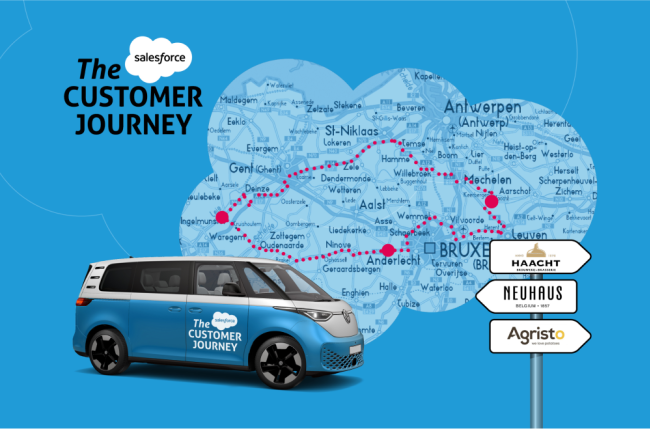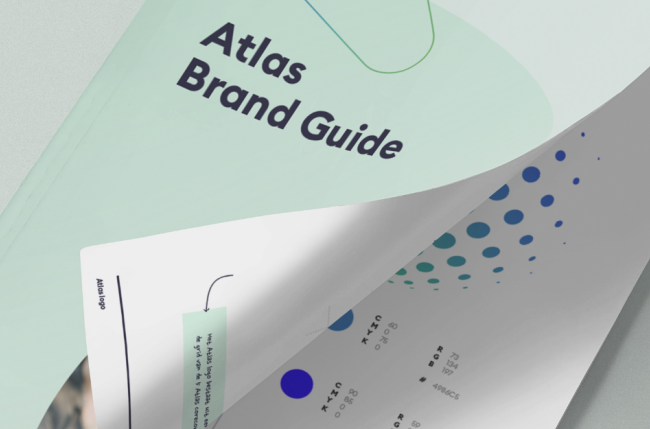
4 tips to score more media attention
A positive message in the newspaper, through an online medium or in a TV report can have an amazing impact on your business. Nothing is more frustrating than having to see how the competition gets all media attention. So how can you make sure that your company or brand really stands out? In this article you find 4 tips to score more media attention with your company.
Since the arrival of social media, advertisers have increasingly focused on campaigns through these platforms. An influencer on Instagram will soon reach tens or evens hundreds of thousands like-minded souls. Yet we should not underestimate the effect of a reference in the news media.
In the days following a publication, companies see an increase in traffic on their website and social media channels. Of course, you also gain awareness and credibility when an official medium mentions your brand’s name. In Belgium, the media landscape is rather small, making it even harder to score coverage in the most important newspapers and magazines. Still, more specialized magazines and blogs can also be very effective.
Tip 1: Choose the right journalist
Editors receive hundreds of press releases each day, so there is no time to read everything. What’s more, many messages will not even reach the mailbox of a journalist. And even if they do, there is no guarantee that the journalist will do something with a press release. That is why it is important to maintain good relationships. If you know who to contact, then you can pitch your message directly to that journalist.
Of course, maintaining contacts requires some effort. It is a good idea to regularly pick up the phone and keep your contact informed about important developments. Even more rewarding is the opportunity to meet in person, for example by inviting your best contacts to a company event.
Tip 2: Do not pitch to multiple news outlets
Betting on all horses seems to increase your chances of success, but it is not a good idea to pitch your message everywhere at once. The feeling of exclusiveness is an important argument for editors. So think carefully about the best medium for your company of brand. The biggest player is not always the right choice.
Depending on your activities, it can be much more effective to appear in a specialized medium. You may reach fewer readers, but this smaller audience is more likely to be genuinely interested. With a bit of luck, a publication will eventually attract the attention of other media that will contact you for an interview.
Tip 3: Make your story worthwhile
Although this sounds very logical, always remember that a new medium has nothing to gain from publishing your story. In fact, a good journalist will always be on his guard not to write an article with a commercial background. You usually only get one chance to convince a journalist, so make sure that your message is clear and interesting.
Try to respond to current events. This will give journalists a good reason to consider your story. An example: when remote work suddenly becomes a hot topic and a technology company offers a unique solution to facilitate this way of working, then it is certainly worth pitching that story to a news outlet. Even if they do not jump on your story right away, there is still a chance that they might pick it up later. For example, as part of a more general report about digital tools for remote work.
Whatever you do, take care that your story is straightforward and that your expertise on the subject is well presented.
Tip 4: Get specialized help
Maintaining media relations is a long-term job. Therefore, your chances of publication will increase considerably with the help of a specialized PR agency. They are the missing link between companies/brands and media channels. PR people know how to pitch your story to the right journalists. They also keep a close eye on news and trends, and are immediately aware of any interesting opportunities.
Afterwards, a PR agency will also follow up if editors need extra information or would like to have an interview. In short, this means less work for you and a significantly better chance to score coverage than your most important competitors.




